Books About Women for Your Holiday Lists
Also touching on why it’s important to read — and purchase — books by women
It’s amazing what a difference a single day can make. Before November 5, I was writing this newsletter with every hope that a woman would soon be the President of the United States. By November 6, that hope was dashed, and I was left spinning, like so many others. First asking the inevitable “what went wrong?” And then, “where do we go next?”
This is not a newsletter about politics. But since it focuses on women’s history and themes of gender and power, it is, inevitably, a political newsletter. History is an inherently political genre: who gets to tell the story? Who gets to be at the center of that story, the protagonist? Who gets defined as “important?”
Story and history seem to be at the center of our current culture wars. To be sure, this election may have been — for many, if not for all — about very real and serious problems, including the price of groceries, the gutting of the middle class, the lack of jobs that actually pay the rent.
But even as the election was about all those things and more, it was also about controlling the cultural narrative, even down to controlling the stories that people get to tell about themselves.
After this election, it seems more important than ever to me to be writing women’s history and to be supporting those doing the same. We can put our money where our mouth is, and show what we think by the causes, ideas, and people we support. It can be as easy as buying a book.
In the spirit of the upcoming holidays (and because there are still a few weeks to shop — which seems like an infinite amount of time!), I thought I’d recommend a few books I read this year that I think do women’s history exceptionally well. These are deeply researched stories. Some are about women you’ve heard of, others than you haven’t (and that’s the point). And even if history isn’t normally your thing, please give these a chance. They are absorbing and urgent, all the more so because they are true. They are all written by women — and you can tell.
Wifedom: Mrs. Orwell’s Invisible Life by Anna Funder (Knopf, 2023)
You know George Orwell (whose writing, by the way, seems more important than ever). But do you know of his wife, Eileen? Probably not, and this is Anna Funder’s point. Funder tells the story of their marriage, traces Eileen Blair’s crucial role in Orwell’s worldview and writing, her more-than-impressive accomplishments in her own right, as well as the challenges and personal suffering she endured in her marriage.1 Funder also explores how Eileen has been systematically written out of Orwell biographies in a form of rhetorical twisting and historical doublespeak. Eileen is, quite literally, made to disappear in many accounts of his life. Because that’s what happens to wives.
Candy Darling: Dreamer, Icon, Superstar by Cynthia Carr (Farrar, Straus and Giroux, 2024)
You know those books you just can’t put down? That was Candy Darling for me. Carr follows the short, tragic, but incredible life of Candy Darling, queer icon and Warhol superstar of the 1960s. This is a wonderfully rich exploration of the nature of identity and the paradoxes and cruelty of celebrity. Mostly, though, it’s the heartbreaking story of a young woman who, growing up in a boy’s body, wanted more than anything to be as glamorous as the silver screen stars she idolized, and who yearned to embody, in every way, who she really was — and who succeeded on almost all counts, but at the highest price. An incredibly moving story.
The Elements of Marie Curie: How the Glow of Radium Lit a Path for Women in Science by Dava Sobel (Atlantic, 2024)
I am a huge fan of Dava Sobel’s work.2 Although I personally think nothing will quite approach her now classic Galileo’s Daughter (1999), I really enjoyed Sobel’s latest foray, a biography of Marie Curie and the network of women scientists she influenced, told through the major scientific discoveries that each of them made. Marie Curie is not at all like Eileen Blair Orwell, but she did begin her career while married to Pierre and faced a fair bit of her own sexist treatment as “the wife.” One of the things I loved about this book is that the bulk of it focuses on Curie’s decades of life after Pierre’s death. In other words, it centers less on “Madame Curie,” and more on Marie Sklodowska-Curie the independent scientist, mother of daughters who were scientists, teacher, advocate, mentor.
A Passionate Mind in Relentless Pursuit: The Vision of Mary McLeod Bethune by Noliwe Rooks (Penguin: 2024)
I love a hybrid book, meaning a book that straddles genres. Anna Funder’s Wifedom is a bit like this, combining memoir (what it was like for her to dig into Eileen Blair’s life) and biography. A Passionate Mind is another example of a hybrid memoir and biography, intertwining the story of author Rooks, growing up Black in Florida, in the shadow of Mary McLeod Bethune, one of the most visionary Black educators of the early 20th century. McLeod Bethune understood the intricate ties between education and civil rights, social progress and freedom, and fought for educational justice, especially for Black girls. Her example paved the way for the Civil Rights Movement. This is a gem of a book.
Now, my publishers would no doubt frown upon me if I didn’t make a little plug for my own book. So, here I shamelessly go: please consider Young Queens for your holiday list! My goal is to write history as if it were a novel, and I’ve been told I succeeded here. If you are not into royals, I hear you: in a future newsletter, I’ll explain at greater length why I write about queens — it’s probably not why you think. Young Queens is, at its core, really about women and power (not merely women in power). Hence the subtitle: “Three Renaissance Women and the Price of Power.”3 I think the lives and experiences of queens show us, starkly, the inner workings of patriarchy.
Alluring, gripping, real: an astonishing insight into the lives of three queens, stepping out from the shadows of the patriarchy—we meet them on their own terms.
Alice Roberts, author of Ancestors and Buried
That’s my shameless plug! But in all seriousness, please consider supporting these authors by making a gift of any of these titles. Or if not these titles, please consider other books about women and / or by women.
What drives the world is money, plain and simple. If we keep buying books about women, publishers will keep publishing them. But there’s the rub. Because if we don’t buy books about women, publishers won’t publish them. I can’t stress how important this is. Look for a separate newsletter from me on this very subject.
I don’t know what the future holds for women in this country. Buying a book may feel like a small thing, but I am certain that one way we move forward is by making sure we don’t bury the past.
I actually detest the phrase “in her own right,” but I couldn’t think of another way to put it here. “In her own right,” is meant to call attention to, and place value on, women’s accomplishments, but I actually find it diminishing. Somehow it reveals just how often women are valued only in relationship to the men they are (usually) married to. So let me make this clear: Eileen Blair accomplished A LOT. Her work in the Spanish Civil War was far more impactful than Orwell’s, although you wouldn’t guess it from Orwell’s memoir, Homage to Catalonia.
Autocorrect keeps changing “Dava Sobel” to “Dave Sobel.” Look for a future newsletter from me on the patriarchal tendencies of auto-correct and AI.
The subtitle got changed for the paperback to “The Intertwined Lives of Catherine de’ Medici, Elisabeth de Valois, and Mary, Queen of Scots,” for reasons of market and Amazon algorithms. Names are more attractive to that algorithm than certain ideas. See note #2 above.




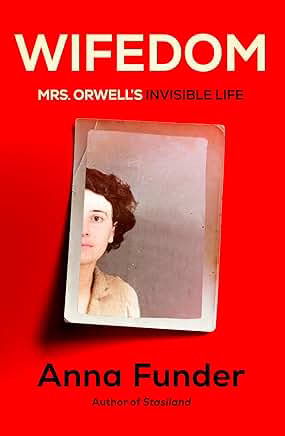
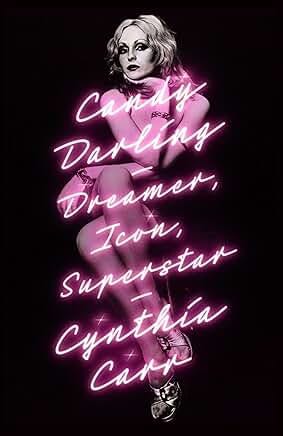
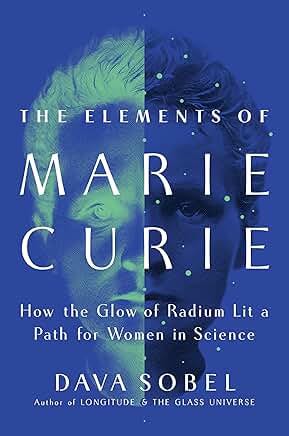
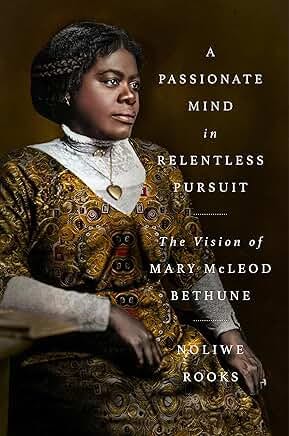

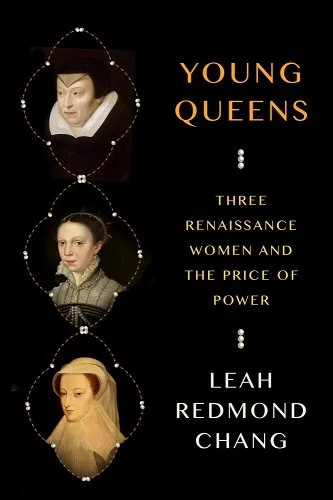
Thank you for opening up this important discussion! I’m a DPhil student research women’s history, and part of the reason for that is because academics in my focus country “don’t do gender history” according to my supervisors. Um, what??! It has implications for us now all these centuries later, for understanding the development of our own societies. So I love that you’re bringing it to the fore-m - thank you!
Yes yes yes to all of this. I’m so curious to hear more of your thoughts about why you write about royals; it’s something I’m trying to clarify for myself too.